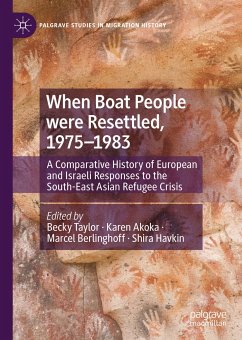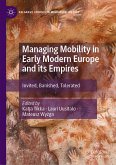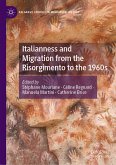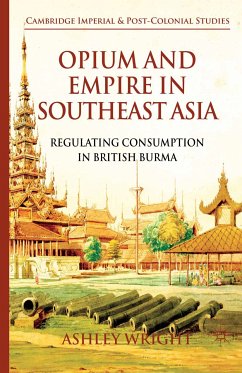This book traces the reception and resettlement of Vietnamese, Cambodians and Laotians in France, Germany, the United Kingdom, the Netherlands and Israel during the 'boat people' crisis of 1975-79. These years saw hundreds of thousands of people displaced by the emergence of the Socialist Republic of Vietnam and political instability across south-east Asia. Using a comparative historical approach, the authors demonstrate the multiple ways in which refugees were contested, accepted, received and resettled across different national contexts. This episode is held up today as an example of European generosity. Yet this book illustrates how the reception of boat people in Western Europe and Israel was shaped by the Cold War, and by specific national preoccupations over international prestige, immigration, labour supply and the place of foreign-born strangers in their increasingly diverse societies. While the post-2015 refugee crisis in Europe has often been construed as a new challenge requiring an unprecedented coordinated international response, this book shows the longer history of such dilemmas.
Chapter 4 is available open access under a Creative Commons Attribution 4.0 International License via link.springer.com.
Dieser Download kann aus rechtlichen Gründen nur mit Rechnungsadresse in A, B, BG, CY, CZ, D, DK, EW, E, FIN, F, GR, HR, H, IRL, I, LT, L, LR, M, NL, PL, P, R, S, SLO, SK ausgeliefert werden.









